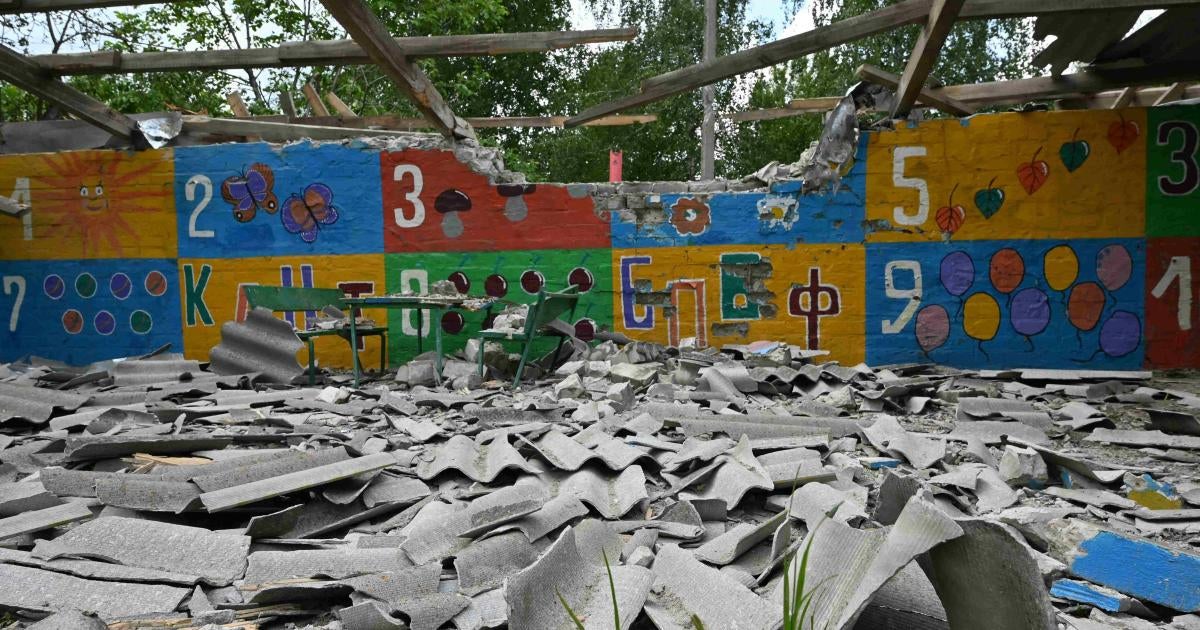Increased attacks on education during the war

Attacks on educational institutions and the military use of schools during armed conflict increased by an alarming 20 percent in 2022 and 2023 compared to the previous two years, according to a new report by the Global Coalition to Protect Education from Attack (GCPEA). Schools and universities were bombed, burned and used for military purposes, making them military targets. Teachers, academics and students were injured and killed, kidnapped and subjected to sexual violence.
Palestine, Ukraine and the Democratic Republic of Congo suffered the most attacks during these two years, but GCPEA found reports of attacks on education or military use of schools in 79 countries. Attacks also increased in countries such as Sudan, Syria and Nigeria. The new report from the UN Secretary-General last week also documents an increase in attacks on education in conflict situations.
In total, the GCPEA documented approximately 6,000 reported attacks on educational institutions and cases of military use of schools and universities, in which more than 10,000 students and teachers were injured or killed. In addition to students and teachers being maimed or killed, children also lost their education, resulting in profound individual and societal harm.
While these disturbing figures reflect an increase in armed conflict around the world, efforts to stop attacks are also gaining momentum. To date, 120 countries have signed the Safe Schools Declaration, an international political commitment to protect education during war. By signing, governments promise to investigate and prosecute attacks that violate the Laws of WarAssisting victims, trying to maintain safe education during war and restoring access after attacks, and protecting schools from military use.
The declaration is beginning to have an impact. It has increased the stigma attached to attacks on schools and their military use. Over a dozen countries have revised their military guidelines to better protect schools. At least three African countries have prosecuted those responsible for attacks on schools. UN peacekeepers have almost completely stopped their operations in schools.
UN officials have called on countries to support the Safe Schools Declaration, and the International Committee of the Red Cross says it supports the declaration because it improves compliance with the laws of war.
Next week, the UN Security Council, which has called on countries to prevent and combat attacks on education, will hold its annual debate on children and armed conflict in New York. This is an ideal time for more countries to sign the Safe Schools Declaration and commit to better protecting education during war.


:max_bytes(150000):strip_icc()/ariana-grande-oscars-red-carpet-031924-22a9e786eb594b9e88d01e1c12fe9273.jpg)
